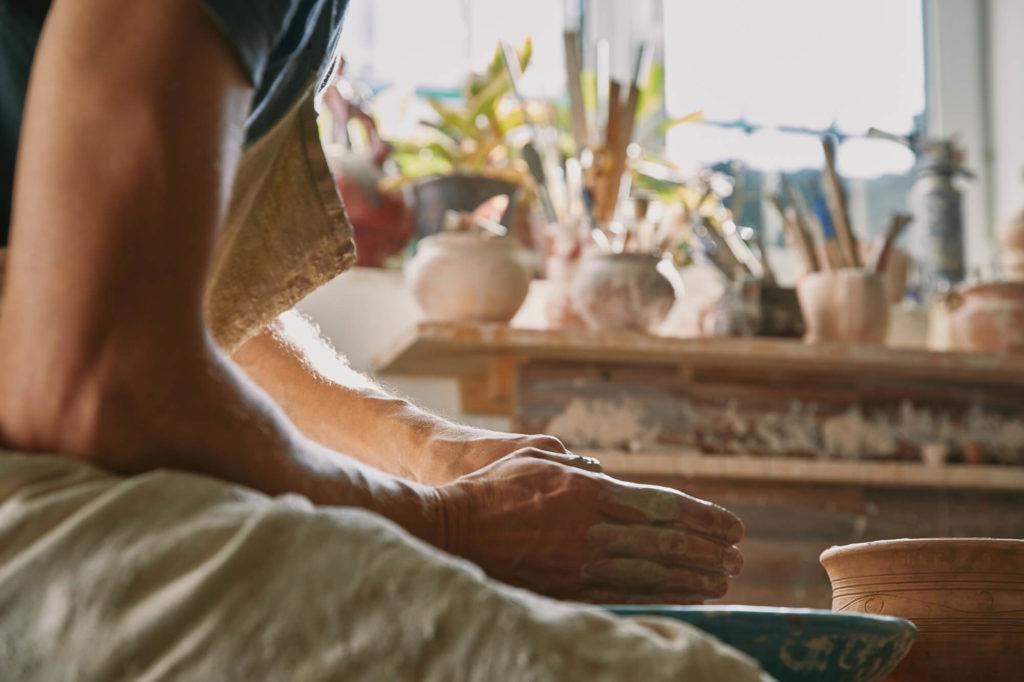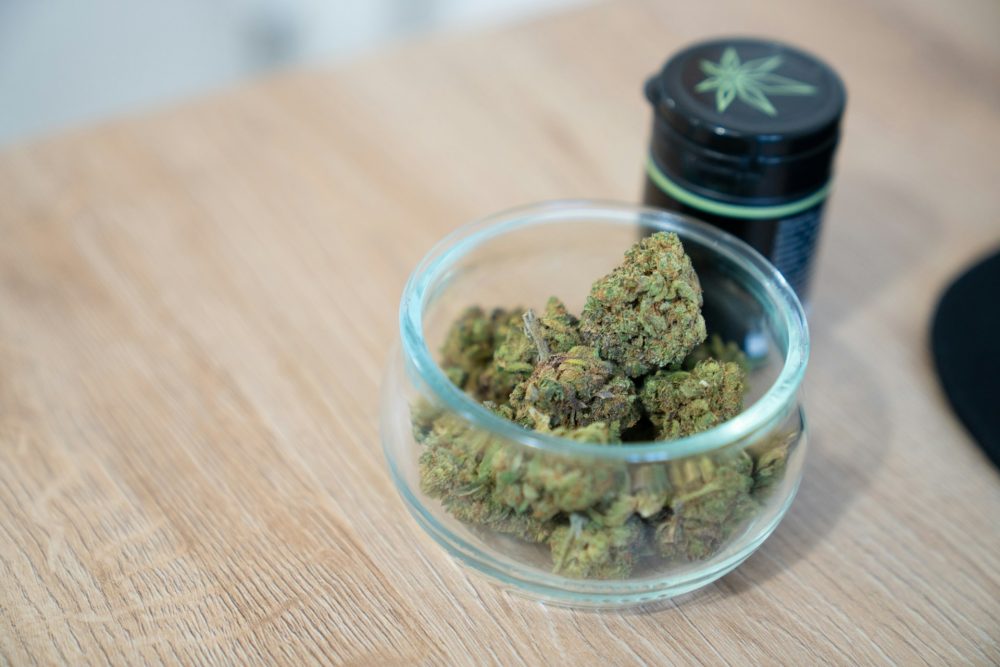Business
Forget a-ha moments: Here’s the real creative process in business
Waiting for an a-ha moment is not how you create something. It’s about having a creative process that has two things: wonder and rigor. Wonder is about curiosity and having “what if?” questions, while rigor is about discipline, repetition, and honing technique. A successful entrepreneur asks the right “What if” question and then follows up with rigor.

Do you remember your last a-ha moment? The moment when you suddenly saw everything so clear, solved a problem, had an insight? How did you feel?
I remember one of my important a-ha moments. It was when I finally learned how to write a rock song. I had been coming up with chord progressions for years but adding lyrics to the grooves eluded me. I mean, how do you know what words should be for the chorus, the verses, and how many words should you write? Not to mention, what the heck was a bridge or a middle eight? Despite being a creative writer and author of two books, writing words for songs stumped me.
Then two years after creating my first chord progression, I had my a-ha moment. I was in the shower, of course, when inspiration hit me. Before I jumped in, I had been watching Michelle Gellar in Buffy the Vampire Slayer, and wondered “What would it be like to date a vampire?” I mean, really? Suddenly the phrase, “You’re a vampire, you suck the life out of me” popped into my head.
After my shower, I quickly wrote down lyrics for a song about someone dating a vampire. I considered how a guy would cope with a girl who only wanted to go out at night, suck his blood, and hated mirrors. I then rhymed the ideas, added them to music, and voila, I had my first rock song. Apparently, all I needed was to wait for my a-ha moment.
Or so I thought.
The myth of the a-ha moment
A-ha moments are great. They fill your body with adrenaline. When you get one, you feel really smart—and creative. But waiting for an a-ha moment is not how you create something. Waiting for one to come along may be a great way to procrastinate, but it won’t get you any closer to solving a problem or writing a song, unless you are using the creative process.
So, if a-ha moments aren’t how you create, what is the creative process?
The creative process is wonder with rigor
According to Natalie Nixon, founder of Figure 8 Thinking and thought leader on creativity, we need two things to create: wonder and rigor.

For Nixon, wonder is about curiosity, dreaming, and asking “What if?” questions. This is when you watch Buffy the Vampire Slayer and ask yourself, “What if I dated a vampire?” Or when you walk into your classroom on campus and think, “What if a hero had to do something courageous for a seemingly ridiculous reason, like saving a kitten?” and you get the germ of an idea for a novel (I speak from experience here—see my first novel Heroes, Inc.).
On the other hand, you can’t have creativity without its counterpart—rigor. Rigor is about discipline, repetition, and honing technique. So in order to create a rock song about a vampire, you would need to practice chords on the guitar for at least a few months (if not years). Then you need to sit down with the vampire lyrics and edit the words to fit over the chord progression.
For writing a novel, you would have to first spend hours and hours writing to have the discipline to write a novel. Then you would have to hone your technique by working out a plot that carries through to a novel-sized body of work.
The creative process, however, is not just essential for music or writing.
The creative process in business
The creative process is also essential for business. What’s the difference between an entrepreneur and a successful entrepreneur? The successful entrepreneur asks the right “What if” question and then follows up with rigor.
For example, Chris Barton of Shazam wondered if it was possible to use a cell phone to identify a pop song playing in a bar. At the time, there were no databases of music and no technology for identifying music in a noisy environment. So his team had to use discipline and repetition to solve each of these problems until they had a music identifying system that was simple to use on a basic flip phone.
So the next time you are wondering how to come up with a great idea or product, you might just need to switch the mode you’re in. You might need to get more serious, be disciplined, and learn something. Or you just might need to start with wonder and ask silly “What if?” questions. Once you do, you might even find your a-ha moment.
(Featured image by DepositPhotos)
—
DISCLAIMER: This article expresses my own ideas and opinions. Any information I have shared are from sources that I believe to be reliable and accurate. I did not receive any financial compensation for writing this post, nor do I own any shares in any company I’ve mentioned. I encourage any reader to do their own diligent research first before making any investment decisions.

-

 Africa4 days ago
Africa4 days agoSurging Expenditures Widen Morocco’s Budget Deficit Despite Revenue Growth
-

 Markets2 weeks ago
Markets2 weeks agoSoybean Market Reacts to Trade Hopes, High Stocks, and Global Price Pressure
-

 Cannabis12 hours ago
Cannabis12 hours agoGermany Moves to Curb Medical Cannabis Abuse, Sparking Access Concerns
-

 Cannabis1 week ago
Cannabis1 week agoSwitzerland Advances Cannabis Legalization with Public Health Focus
























